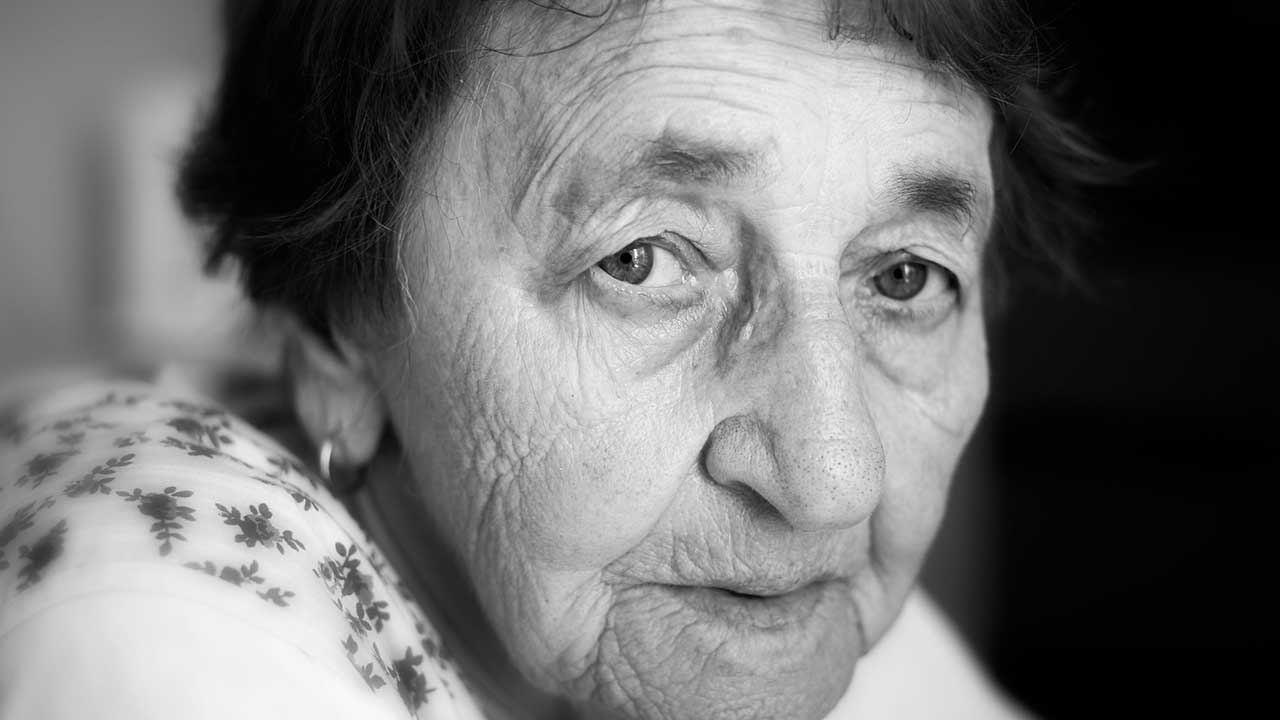1. Comprehensive Geriatric Assessments (CGA) Upon Hospital Admission
As the Australian population continues to age, it is undeniable that there is a need for nursing care to focus on how best to improve the care of older adults.
A systematic review by Ellis et al. (2017) found that older adults who underwent a comprehensive geriatric assessment (CGA) upon hospital admission were more likely to be 'alive and in their own homes at follow-up' compared to people who had only received routine care.
Whilst there is a need for further investigation into the cost-efficacy of this approach (Ellis et al. 2017), it is evident that there are clear benefits to clients and positive health outcomes.
A CGA refers to a coordinated approach by a specialist geriatric team on a general ward or geriatric ward. This interprofessional approach involves assessing the medical, social, physical and psychological needs of the client to improve their recovery and independence.
The review examined 29 trials from 9 countries with a total of 13,766 participants (aged over 65 years) recruited. Follow-up was up to one year from admission (Ellis et al. 2017).

2. Mindfulness Stress-Reduction for Carers of People with Dementia
Another area of interest for improving care in the older adult is utilising mindfulness for reducing stress in family carers of people with dementia (Liu et al. 2017).
Liu, Sun and Zhong (2017) aim to study the benefits versus harms of this approach, which is clearly a priority considering that dementia figures are increasing.
Mindfulness is described as being non-judgmentally aware of the present moment, which may reduce worry and rumination. Mindfulness for stress reduction may involve activities such as yoga, meditation or body scanning (Liu et al. 2017).
Liu, Sun and Zhong (2017) put forward that carers of people with dementia can become distressed as a result of worry or rumination. Worry or rumination may stem from former experiences or the unknown or uncontrollable future that may develop as dementia progresses.
3. Reducing Sedentary Behaviours in Community-Dwelling Older Adults
Chastin et al. (2017) have developed a protocol for examining interventions for reducing sedentary behaviour in community-dwelling older adults.
The objectives are to identify strategies to diminish time spent being sedentary, and the cost-efficiency of these interventions (Chastin et al. 2017). Furthermore, Chastin et al. aim to look at interventions in terms of their effects on quality of life, depression and health. They highlight that reducing sedentary behaviour means:
‘getting people on their feet (if able)… but not necessarily asking them to perform activity to level that is moderate or vigorous’.
Chastin et al. (2017) put forward that sedentary behaviours are focused on sitting or lying postures in the daytime. Interventions to reduce sedentary behaviours can thereby be aimed at individuals or groups/communities, and may include strategies such as standing desks, access to outdoor areas or using technology to track activity.
The study raises an interesting point that some sedentary behaviours, such as reading, eating, resting and socialising, offer mental or cognitive benefits for older adults, and should, therefore, not be discouraged or limited. However, ongoing sedentary behaviours can be detrimental to health in terms of physical functioning, frailty and ‘less successful ageing’ (Chastin et al. 2017).
Fascinatingly, evidence indicates that health detriments of prolonged sedentary behaviours may not be overcome by exercise protocols (Chastin et al. 2017).
Older adults are the most sedentary population group, with the ‘highest chronic disease burden’ (Chastin et al. 2017). Greenwood-Hickman (as cited in Chastin et al. 2017) express that older adults may prefer interventions to reduce sedentary behaviours, rather than interventions that are focused on exercising.
Conclusion
As evident, there are three interesting and unique strategies in this article for improving care of the older adult. Perhaps these will serve as ideas for quality improvement activities within various healthcare settings, or as suggestions for further research in care for older adults. These three approaches for improving aged care combine to consider and contribute to the holistic wellbeing of the older person.
Evidently, interventions to improve healthcare for older adults must be person-centred, interprofessional, coordinated and evidence-based. Moreover, strategies must consider the complex nature of ageing, and the several facets of wellbeing (i.e. quality of life, mental health, independence, physical function, social needs, cognition, psychology and medical needs).
It is apparent that much research is necessary at present and in the future to continue to address the changing needs of individuals, communities and the ageing population.
Topics
References
- Chastin, S, Gardiner, P A, Ashe, M C, Harvey, J A, Leask, C F, Balogun, S, Helbostad, J L & Skelton, DA 2017, 'Interventions for Reducing Sedentary Behaviour in Community-Dwelling Older Adults', Cochrane Database of Systematic Reviews, no. 9, viewed 8 February 2023, http://onlinelibrary.wiley.com/doi/10.1002/14651858.CD012784/full.
- Ellis, G, Gardner, M, Tsiachristas, A, Langhorne, P, Burke, O, Harwood, R H, Conroy, S P, Kircher, T, Somme, D, Saltvedt, I, Wald, H, O'Neill, D, Robinson, D & Shepperd, S 2017, 'Comprehensive Geriatric Assessment for Older Adults Admitted to Hospital', Cochrane Database of Systematic Reviews, Iss. 9, viewed 8 February 2023, http://www.cochrane.org/CD006211/EPOC_comprehensive-geriatric-assessment-older-adults-admitted-hospital.
- Liu Z, Sun Y Y & Zhong, B L 2017, 'Mindfulness-Based Stress Reduction for Family Carers of People with Dementia', Cochrane Database of Systematic Reviews, no. 9, viewed 8 February 2023, http://onlinelibrary.wiley.com/doi/10.1002/14651858.CD012791/full.
 New
New 
